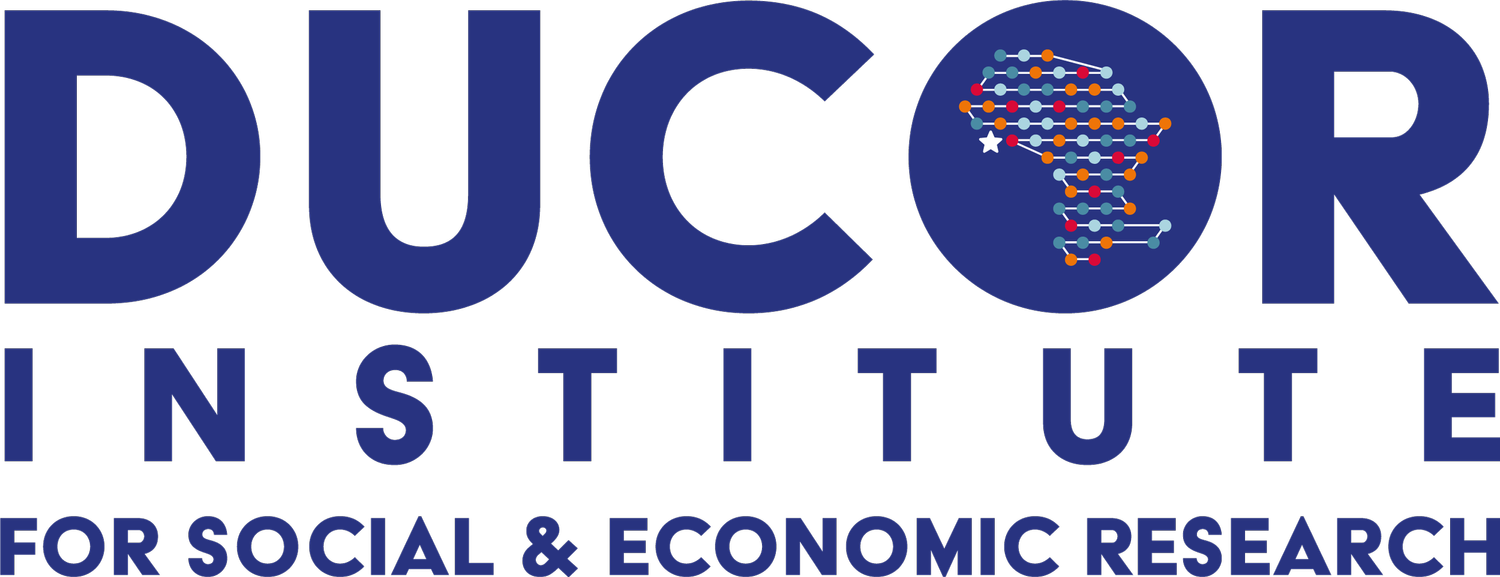The Cost of Politics in Liberia
Over the last twenty years, Liberia has had four peaceful and successful multi-party elections. These elections have facilitated seamless transitions, and despite numerous institutional and financial challenges, they have been judged to be free, fair, and credible. In the process, Liberia’s post-war democracy is being consolidated, a constitutional order has been reinstated as much as it has facilitated the free exercise of rights, including voting rights, the rise of civil society, and an unprecedent participation of women in public life. In spite of these milestones, little is known about the underlying factors that are shaping Liberia’s democracy from the top-down as well as the bottom-up.
This report explores the cost of participating in electoral politics in Liberia — as well as factors driving the cost. Specifically, we try understanding ‘what does it cost to participate in, and win, a legislative election in Liberia?’ and 'what are the implications of the high cost of politics on democracy in Liberia?' Some of the initial findings revealed that money, gender, tribe, and clan are pertinent factors influencing the cost of politics in Liberia.

